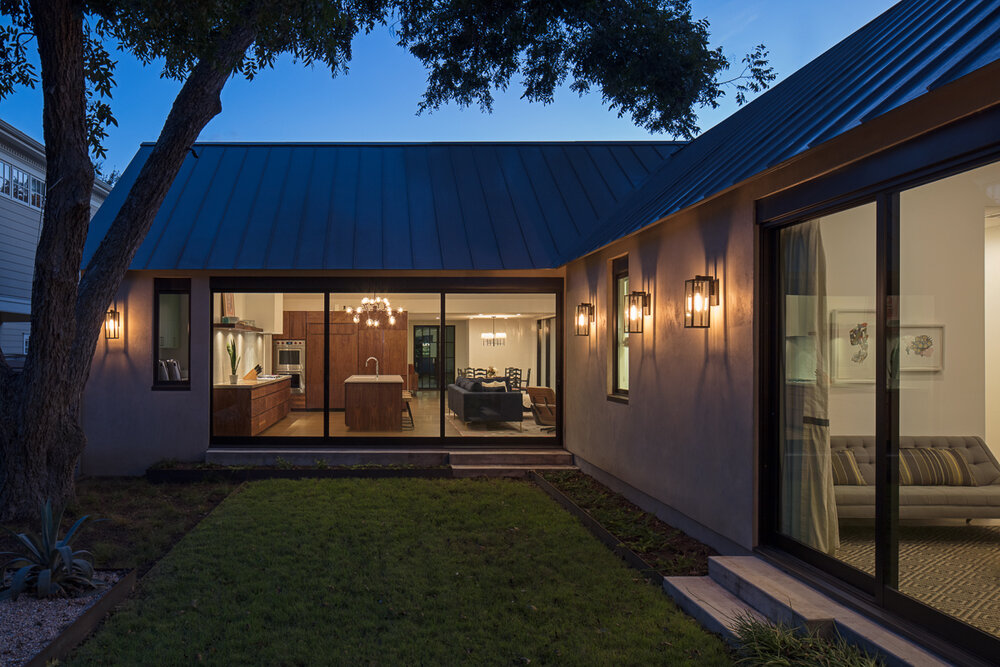In a world constantly evolving, so does the realm of home improvement. What was once a simple task of adding a fresh coat of paint or replacing worn-out furniture has now transformed into a dynamic industry driven by innovation and strategy. As homeowners seek to create spaces that are functional, aesthetically pleasing, and environmentally conscious, businesses in the home improvement sector must adapt and embrace emerging trends to stay relevant in this ever-changing landscape.
One of the key emerging trends in home improvement is the integration of smart technology. With the rise of the Internet of Things (IoT), homeowners now have the power to control and automate various aspects of their living spaces, from lighting and temperature to security and entertainment. Smart home devices, such as voice-assistant speakers and smart thermostats, are becoming increasingly popular, offering convenience, energy efficiency, and improved quality of life. Businesses in the home improvement sector must stay ahead of the curve by incorporating these technologies into their offerings and educating homeowners on the benefits they provide.
Another significant trend in the business of home improvement is the growing emphasis on sustainability. With climate change and environmental concerns at the forefront of global conversations, homeowners are increasingly seeking eco-friendly solutions for their living spaces. Businesses that prioritize sustainable practices, such as using renewable materials, promoting energy-efficient appliances, and implementing responsible waste management, have a significant advantage in the market. By not only reducing their ecological footprint but also helping homeowners save on utility bills, these businesses can appeal to a growing demographic of environmentally conscious consumers.
Furthermore, the rise of social media and online platforms has revolutionized the way homeowners approach home improvement projects. With a few clicks, individuals can explore an endless stream of inspiration, tutorials, and ideas, empowering them to take on DIY projects and connect with professionals. This shift has necessitated a change in business strategies, as companies must now embrace digital marketing, create engaging social media content, and cultivate an online presence to capture the attention of potential customers. Additionally, businesses must adapt to the rise of online reviews and recommendations, as positive feedback and testimonials can greatly impact their reputation and customer base.
For homeowners seeking to enhance their living spaces, the benefits of navigating this dynamic landscape are considerable. They now have access to an array of innovative products and services that can transform their homes into personalized sanctuaries. From energy-saving appliances and sustainable building materials to smart home systems and professional design services, homeowners have an unprecedented opportunity to create dream spaces that align with their unique preferences and values.
However, with these opportunities come considerations. Homeowners must carefully evaluate their options, conduct thorough research, and seek professional guidance when necessary. Although the vast amount of information available online can be overwhelming, it is essential to approach home improvement projects with a critical mindset and consider the long-term implications. Furthermore, homeowners should prioritize building relationships with reputable businesses and professionals who have a track record of delivering quality workmanship and exceptional customer service.
In conclusion, the business of home improvement is a constantly shifting landscape that demands adaptability, innovation, and sustainability. As emerging trends such as smart technology, sustainability, and digital marketing reshape the industry, homeowners can benefit from an increasingly diverse range of products and services. By navigating this dynamic realm with a discerning eye and a focus on long-term considerations, homeowners have the opportunity to transform their living spaces into customized, functional, and environmentally conscious dream homes.


